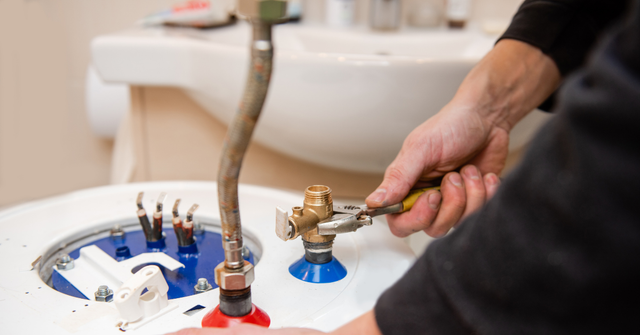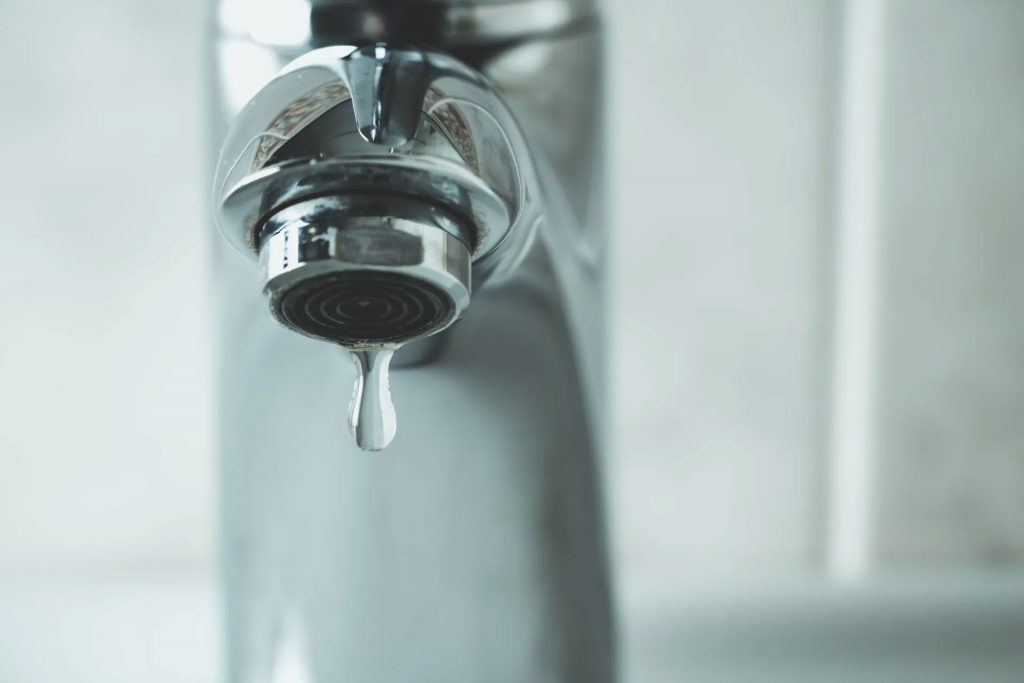Practical Approaches for Dealing with Low Water Pressure in Your Home
Practical Approaches for Dealing with Low Water Pressure in Your Home
Blog Article
This article which follows involving Dealing with Low Water Pressure in Your Home is absolutely intriguing. Give it a go and make your own ideas.

Low water pressure in your house can be a frustrating problem, impacting every little thing from bathing to washing meals. If you're experiencing weak water flow, there are several feasible causes and services to explore. In this overview, we'll go over common reasons for low water pressure and useful steps to resolve the problem efficiently.
Intro to Low Water Stress
Low tide stress happens when the circulation of water from your taps, showers, and other components is weak than usual. This can make day-to-day tasks more tough and much less efficient. Recognizing the root causes of low tide stress is critical to locating the best option.
Usual Causes of Low Tide Stress
Faulty Pressure Regulatory Authorities
Stress regulators are in charge of maintaining regular water pressure in your house. If they malfunction, it can cause low tide pressure or unequal flow throughout your house.
Metropolitan Water Issues
In some cases, the issue exists outside your home. Metropolitan water system issues, such as main line leaks or maintenance job, can briefly minimize water pressure in your area.
Pipeline Obstructions
With time, pipelines can become blocked with natural resource, debris, or particles, restricting the circulation of water. This is a typical problem in older homes with galvanized steel pipelines.
Rust
Rust within pipes can result in leaks and decreased water pressure. Corrosion accumulation can constrict water circulation, specifically in aging plumbing systems.
Just How to Detect Low Water Pressure
Inspecting Pipes
Examine noticeable pipes for indicators of leakages, rust, or clogs. Focus on any kind of unusual audios, such as knocking or rattling pipes, which could indicate problems within the plumbing system.
Consulting with a Plumber
If you're incapable to identify the reason for low water stress, consider working with an expert plumber to carry out an extensive evaluation. They can determine underlying problems and advise appropriate options.
Examining Faucets and Components
Begin by checking the water pressure at different taps and fixtures throughout your home. If the concern is isolated to certain areas, it may suggest local troubles.
DIY Solutions to Fix Low Water Stress
Flushing Water Heater
Sediment build-up in the hot water heater can limit circulation and lower effectiveness. Purging the container regularly assists get rid of debris and maintain optimal performance.
Checking Stress Regulator
Make certain that the stress regulatory authority is operating correctly. Changing or replacing the regulatory authority can aid recover correct water pressure throughout your home.
Cleaning Aerators and Showerheads
Natural resources can build up in aerators and showerheads, reducing water flow. Remove and clean up these components routinely to boost water stress.
Clearing Up Clogs in Pipes
For minor clogs, attempt using a plumbing snake or chemical drainpipe cleaner to clear obstructions in pipes. Beware when making use of chemicals and comply with safety and security guidelines.
When to Call an Expert Plumber
If do it yourself initiatives fail to deal with the problem or if you presume significant plumbing problems, it's best to seek aid from an accredited plumber. They have the expertise and devices to resolve intricate concerns safely and properly.
Safety Nets to Preserve Water Stress
Mounting a Pressure Booster
Consider mounting a pressure booster pump to enhance water pressure in locations with consistently low flow. This can be particularly beneficial for multi-story homes or residential or commercial properties with high-demand components.
Monitoring Water Usage
Bear in mind water use habits and stay clear of ill-using the plumbing system. Simple adjustments, such as incredible showers and washing loads, can help maintain appropriate water stress.
Routine Maintenance
Arrange routine upkeep for your plumbing system to stop concerns such as rust, leaks, and blockages. Attending to small troubles early can aid avoid even more considerable repairs later.
Final thought
Managing low water pressure can be aggravating, yet identifying the underlying causes and applying suitable services can restore ideal circulation throughout your home. Whether it's cleaning up aerators, checking pipelines, or seeking advice from a plumber, taking aggressive actions can ensure a consistent supply of water for your day-to-day demands.
How to Fix Low Water Pressure In Your Home
Municipal Water Supply Issues
Scheduled maintenance, high demand, and water main breaks are all potential causes for low water pressure within a city or county’s water lines. While there’s not much you can do to personally fix a problem with your city or county’s water supply system, you can play a big role in documenting the issue and alerting those who can.
How to fix it:
Ask your neighbors if they are experiencing any issues with low water pressure. If multiple homes are affected, it’s likely related to the city’s water line. Contact the local Water Authority to see if there is any maintenance taking place that might be affecting your supply. Also let them know of your specific issues. If other homeowners report the same issues, they’ll know that there could be a larger issue to look into. Faulty Fixtures
A damaged or clogged shower head, faucet or appliance is the first thing we’d suggest checking, especially if low water pressure appears to be isolated to a specific area of your home.
How to fix it:
First, turn off the main water supply to your home. Check the affected appliances for build-up or debris. In the case of a faucet, you can simply unscrew the aerator at the tip of the faucet. Showerheads should be fully detached from the water pipe. While the appliances are detached, you may want to check the water supply to determine if the fixtures were in fact the issue. To clean, soak the showerhead or aerator in vinegar and brush off any visible debris. Reattach the fixtures and check the water pressure again. If it is still low, there is likely a deeper issue at hand, which can be determined by a professional plumber. Pipe Obstructions
Mineral deposits, rust or other debris within water pipes can lead to blockages or corrosion over time.
How to fix it:
When you think of a clog, you probably think of a drain clog. While there are many DIY solutions to clearing a drain, clogs in a water pipe will almost always require the help of a professional plumber. A plumber will be able to locate the affected pipe and clean out any debris or mineral deposit buildup. In severe cases, the pipe may need to be replaced. Your plumber might also recommend a water softening system to remove the minerals from your home’s water supply that can contribute to pipe blockages over time.
Plumbing Leak
Undetected water line leaks can divert water away from your residential pipes, reducing the water pressure in your fixtures.
How to fix it:
Check your water meter by turning off all water sources and monitoring the meter for any movement, which could be a clear indicator of a potential leak. Check all visible pipes for signs of leaking, including water stains, active dripping or damp spots around the pipe. Inspect fixtures, including faucets and showerheads, for any drips. Test the pressure but recording the pressure with the main water valve shut off. Leave off for a few hours and test again. A significant drop in pressure is a clear sign of a leak. https://kiddcoplumbing.com/plumbing-blog/how-to-fix-low-water-pressure/

I came across that review on 9 Reasons for Low Water Pressure in Your House while doing a search on the web. Are you aware of someone else who is occupied with the subject? Be sure promote it. I thank you for reading our article about Low Water Pressure in the House?.
Call Report this page